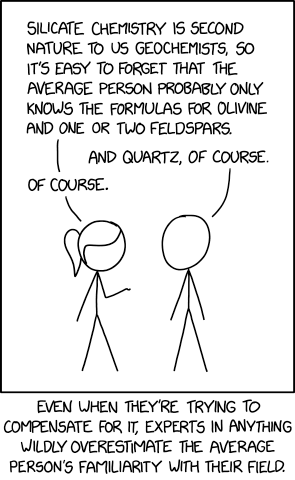

To be fair, the SEC has only really gone after cryptocurrencies other than Bitcoin, which is the only major blockchain that uses the energy-intensive Proof-of-Work. The things the SEC was trying to regulate, that it considered securities, are almost entirely running on Proof-of-Stake networks, which have negligible relative energy consumption.
This will almost certainly have a lot of other negative impacts, but I doubt it will have that much on the climate.










Apple stock did, and unfortunately it even makes sense why. Considering how self-centered Trump is, and how easily swayed he can be by a literal shiny rock being given to him, this was probably a legitimately good trade for Apple.
They spend some money on a gold brick with some laser-cut glass, and the president of the entire country either gives them preferential treatment, or simply doesn’t take any more extreme actions he was planning to take against them.